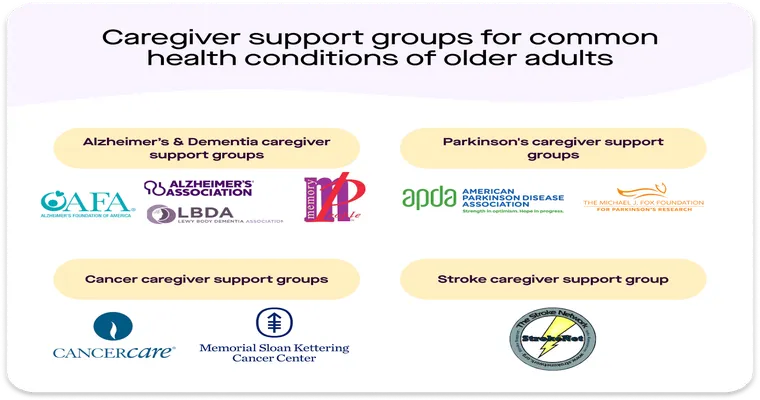As an "adult child of aging parents", you may find yourself navigating a complex emotional landscape. Juggling responsibilities, concerns about your parents' well-being, and your own life can be overwhelming. This is where a "support group for adult children of aging parents" can be incredibly beneficial. These groups provide a safe space to share experiences, seek advice, and connect with others who understand the unique challenges you face.
Understanding the Need for Support Groups
The process of caring for aging parents often brings forth a range of emotions, including anxiety, guilt, and frustration. Many adult children feel isolated in their struggles, believing that they are alone in their experiences. Joining a support group can help dispel these feelings by creating a community of individuals who are facing similar situations.
Support groups offer a platform to discuss issues such as managing healthcare, understanding the aging process, and addressing emotional challenges. Being part of a community where others share their stories can foster a sense of belonging and understanding, which is essential for emotional well-being.
Types of Support Groups Available
When considering joining a "support group for adult children of aging parents", it's important to explore the different types available. These can include:
"In-Person Support Groups": Many communities offer local support groups that meet regularly. These face-to-face interactions can be comforting and allow for deeper connections.
"Online Support Groups": For those with busy schedules or mobility issues, online groups provide flexibility. They often include forums, video calls, and social media platforms where members can engage at their convenience.
"Specialized Groups": Some support groups focus on specific topics, such as caregiving for parents with dementia, navigating medical care, or dealing with the emotional aspects of aging. Finding a specialized group can help you address your unique concerns.
How to Find a Support Group
Finding a suitable support group can be straightforward. Here are some steps to consider:
1. "Research Local Resources": Start by checking hospitals, community centers, and local non-profits that may offer support groups for caregivers and adult children of aging parents.
2. "Utilize Online Platforms": Websites like Meetup, Facebook Groups, or dedicated forums can help you find virtual or local gatherings.
3. "Ask for Recommendations": Speak with friends, family, or healthcare providers who may know of available support groups.
4. "Check with National Organizations": Organizations such as the Alzheimer's Association or AARP often have resources and listings for support groups specifically geared toward adult children of aging parents.
Benefits of Joining a Support Group
The benefits of participating in a support group are numerous:
"Emotional Support": Connecting with others who understand your situation can provide comfort and reduce feelings of isolation.
"Shared Knowledge": Members can share valuable resources, tips, and strategies that they have found helpful in their own caregiving journeys.
"Improved Coping Skills": Engaging in discussions about challenges can help you develop better coping mechanisms for stress and anxiety.
"Encouragement and Motivation": Being part of a supportive community can inspire you to take care of your own well-being while managing your responsibilities.
Conclusion
If you are an "adult child of aging parents" searching for understanding and support, joining a "support group for adult children of aging parents" can be a transformative experience. With the emotional and practical challenges you face, these groups offer a lifeline of shared experiences, knowledge, and encouragement. Don’t hesitate to seek out a group that resonates with your needs—you're not alone in this journey, and support is available.





